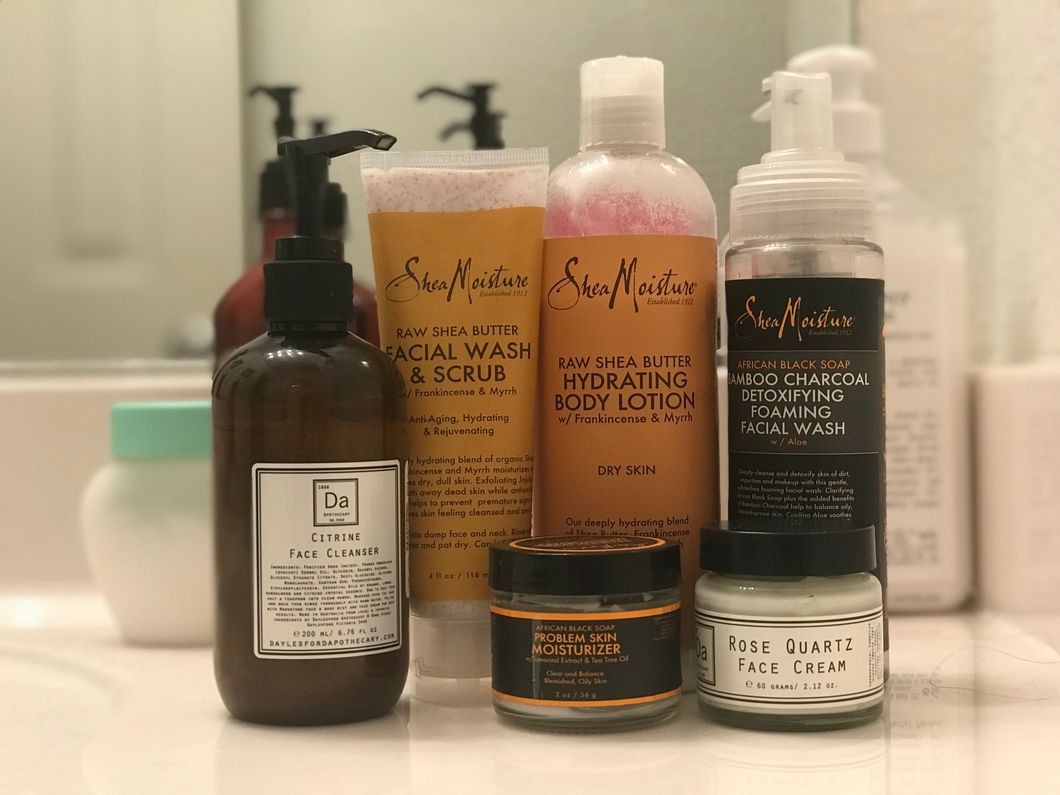Is Natural Skin Care Worth the Hype?
Many people are just beginning to hop onto the natural skin care craze, especially after they’ve been told that it’s better for the environment and might even be better for their skin.
Many people are just beginning to hop onto the natural skin care craze, especially after they’ve been told that it’s better for the environment and might even be better for their skin. However, a lot of people might not know if there are precautions they need to take while approaching these new products.
Here, we’ll look into what “natural skin care” actually means, the pros and drawbacks of natural skin care, and what you should do before you take a deep dive into these newer products, with your cash and your skin’s health in mind.
What is Natural Skin Care?
Contrary to popular belief, “natural” skin care might not be as regulated as it should be. And just because something claims to be natural, it doesn’t necessarily mean that every single brand on the shelves has made the same promises and precautions to keep your skin safe.
Typically, when something claims to be “natural” that means that the ingredients come from nature, like from plants or minerals, and the ingredients aren’t synthetic. However, Dr. Gabriella Baki, Ph.D, a cosmetic scientist and assistant professor of pharmaceutics, explains that terms like “natural” and “all-natural” aren’t regulated by the FDA.
In an article by Hello Giggles, Dr. Baki explains that beauty companies can create their own definitions of what these labels mean, meaning they’re much more likely to be self-regulated by each individual company, rather than by a larger governing force.
So, unfortunately, natural skin care means something different from company to company. While it could mean that one brand of natural skin care is better for the environment and your skin, it doesn’t mean that all skin care brands follow the same rules.
What are the Perks to Natural Skin Care?
According to some blogs and articles, like Squirrel’s Nut Butter, natural skin care products are more likely to be better for the environment because they don’t use synthetic materials.
This is apparently less likely to put stress on the environment, both because of the resources used and because of the ways these ingredients are likely to interact with the environment when the packaging and unused products are thrown away.
Along with being kinder to the environment, many natural skin care brands commit themselves to be kinder to animals. Because of this, it appears that skin care that’s been labeled “natural” is less likely to have been tested on animals, though that doesn’t guarantee that this is the case for every brand and company.
Animal homes are also less likely to be destroyed, by this logic.
Natural skin care is also much more likely to be associated with being safer for your skin. While not the case for all skin care products, being gentler and kinder to your skin could support overall skin health and appearance. Though, it’s important to note that a natural ingredient may still potentially cause allergic reactions, so be sure to read labels if your skin is more sensitive.
Further, natural skin care brands are more likely to carry versions of their products that don’t contain fragrances, whether they’re naturally derived or not. Many people have allergic reactions to these perfumes and added scents, and looking into natural skin care brands could potentially reduce negative reactions later down the line in your skin care journey.
Are There Cons to Natural Skin Care?
Unfortunately, natural skin care products may still come with some cons.
For example, a really significant drawback to these products is that they tend to have much shorter shelf lives. While they’re less likely to have synthetic preservatives and parabens, which many see as a good thing, this means that they don’t last as long as more traditional products.
These products are more likely to only last for a few months, unlike other products that typically last one to two years.
Additionally, as mentioned previously, natural skin care doesn’t come without the risk of allergic reactions. While many products are marketed as natural, they aren’t also advertised as being more gentle on your skin. Therefore, allergic reactions and irritations are still possible, and those ingredients that are most likely to cause your skin irritation should stay on your radar.
Be sure to check the ingredients lists of your products, especially if you aren’t sure if you’ll have a reaction or you know you have sensitive skin.
There’s also the price point to consider. While these products claim they’re more likely to be kind to the environment, they might not be the kindest to your wallet. Be sure to do your research and review as many factors as you possibly can before pulling out your credit card because the high price points don’t necessarily mean you’re getting something that’s high quality.
Something else to consider: because the “natural” label is mainly self-regulated in the beauty and skin care world, that means that there hasn’t been a lot of scientific study or testing of these products. Therefore, there’s no guarantee that the ingredients in these products will support your overall skin health.
Again, be sure to do your own research and look at reviews before you put something on your skin, and try patch testing items before you put them all over your body.
.

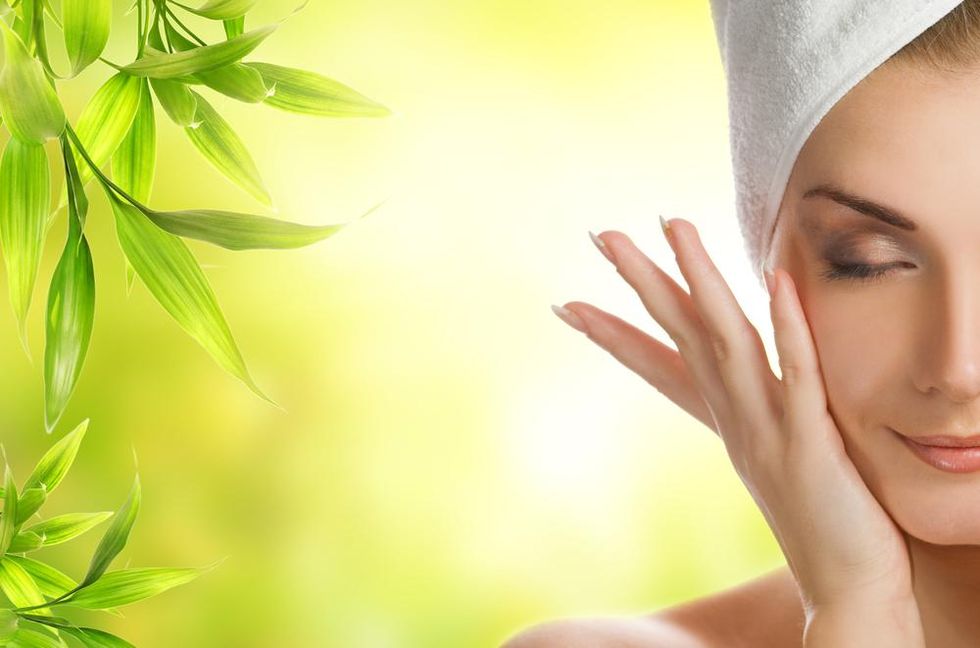

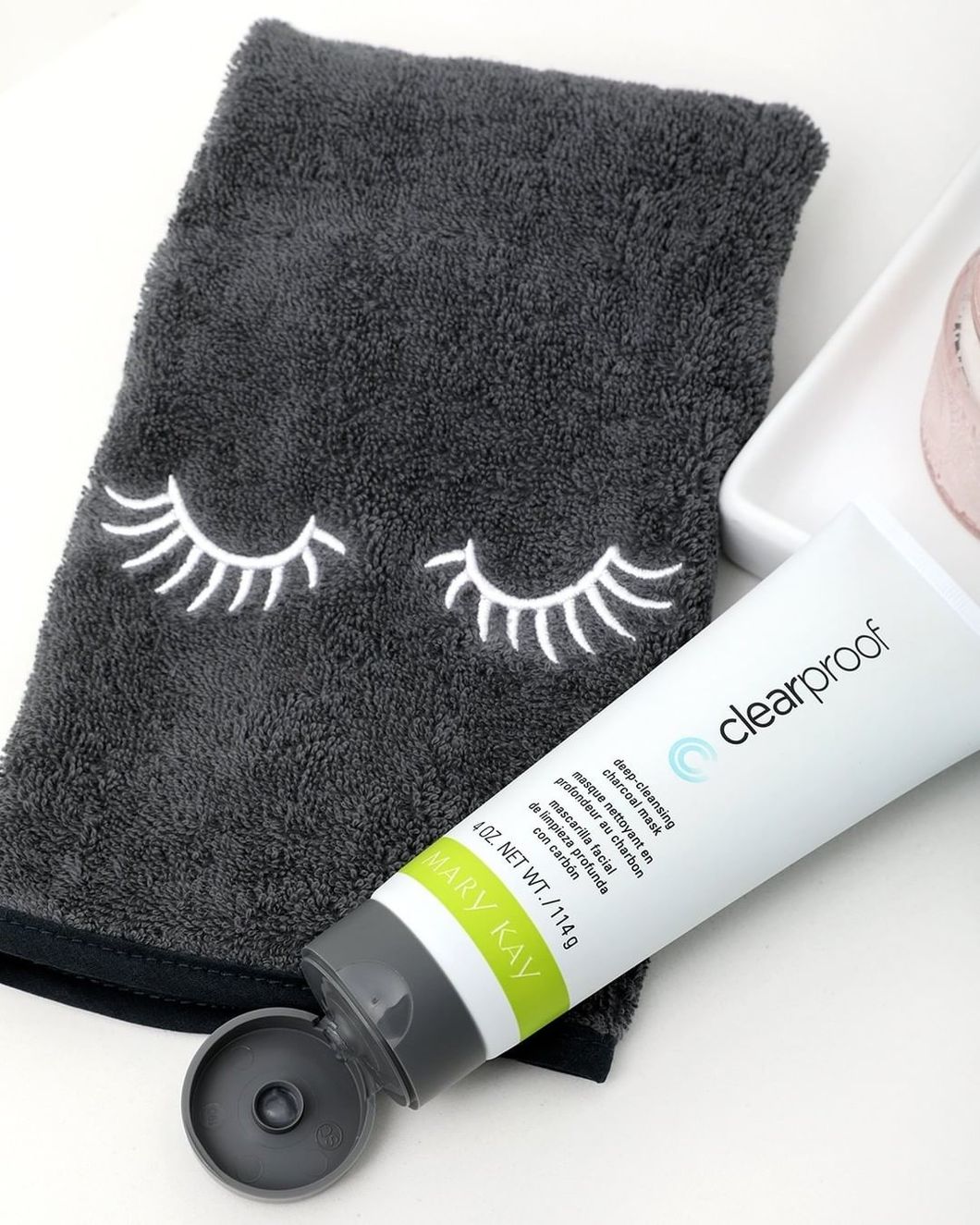
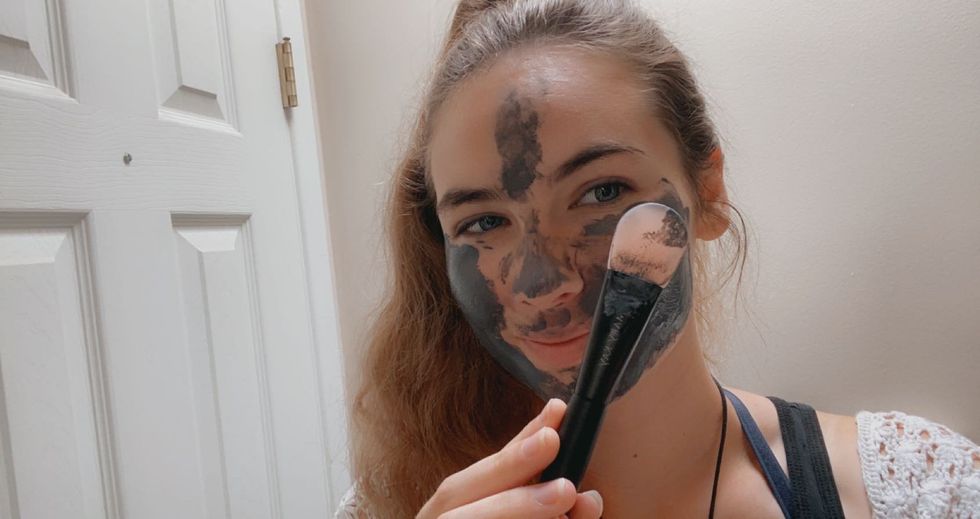 Here is me holding the applicator after applying the product to my most problematic areas.
Here is me holding the applicator after applying the product to my most problematic areas.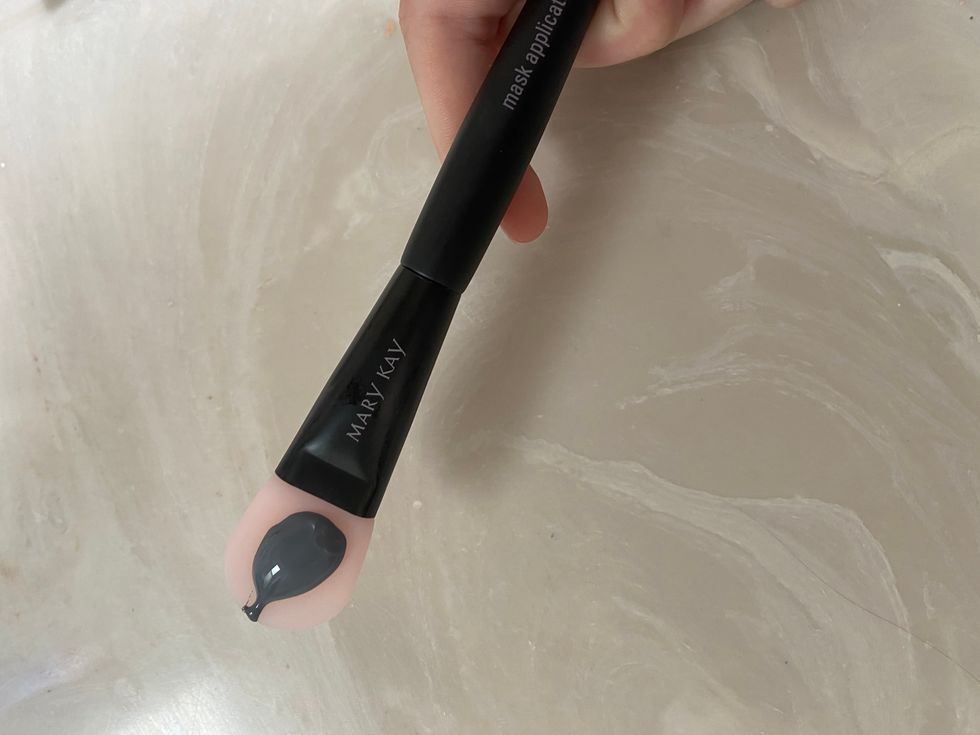 A close up of the silky charcoal liquid on the applicator.
A close up of the silky charcoal liquid on the applicator. 
